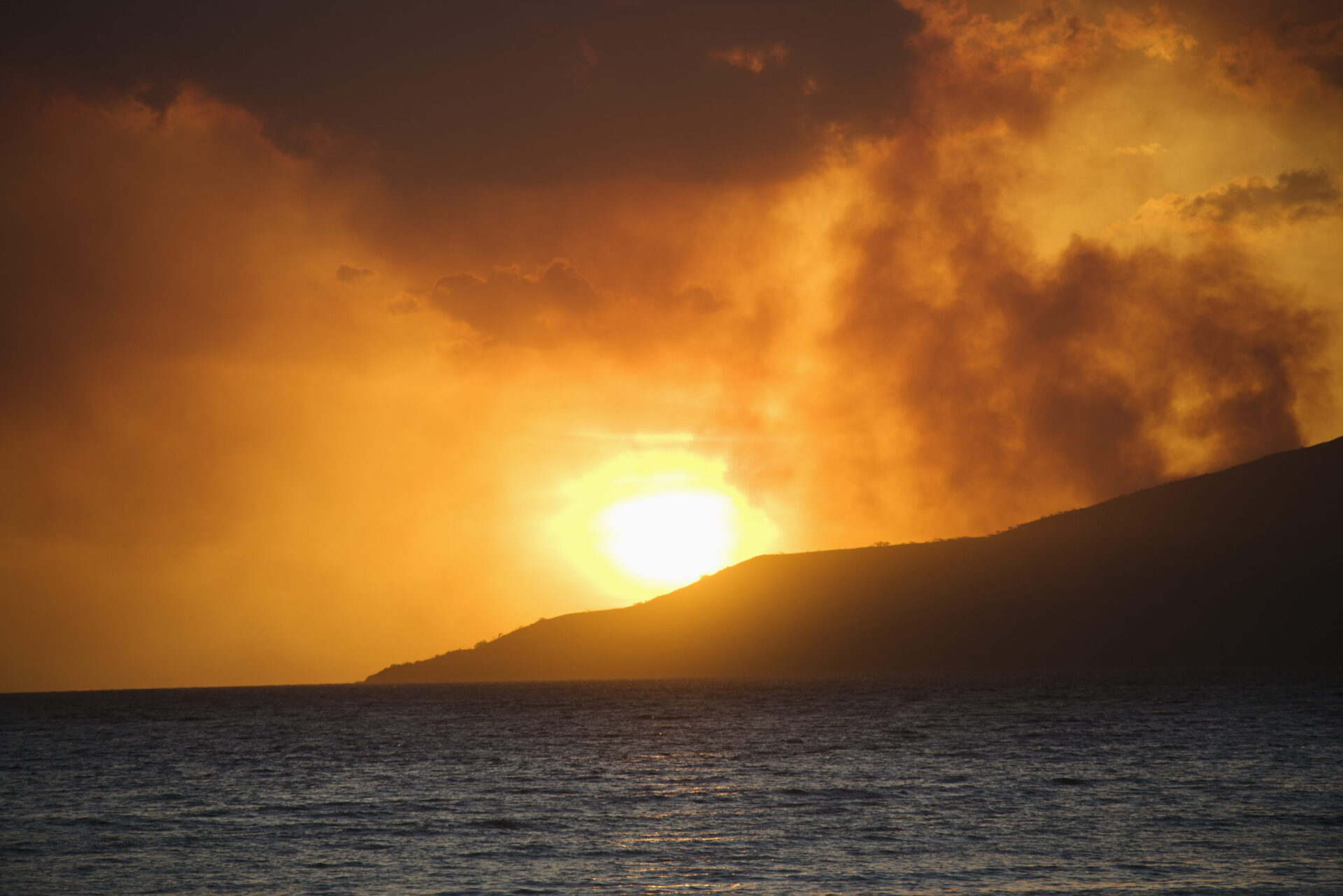Maui already had a housing crisis before wildfires ravaged the island, destroying up to 3,000 homes.
Hawaiian governor Josh Green declared a state of emergency over the lack of housing stock in July 2023 in response to worsening affordability. The pandemic housing boom resulted in a flood of wealthy buyers to the islands, pushing home sales worth more than $10 million six times higher in 2022 than in 2020.
“It’s like nothing anyone has ever seen before,” Matthew Beall, CEO of Hawaii Life, told the Wall Street Journal. “It’s almost like a hot nightclub. It’s not can you get a deal, it’s can you get behind the rope and to the door.”
Just days before the fire, the U.S. Department of Housing and Urban Development announced it would devote $21 million to support affordable housing for low-income Native Hawaiian families.
The destruction of thousands of structures (86% of them residential) by wildfires adds new stress to an already over-burdened housing market.
“Many of the displaced families are now going to be looking for local housing, raising demand for what little housing is available,” Justin Tyndall, an economics professor at the University of Hawaii, told Fast Company.
Even before the fires, 40% of homes were short-term rentals, and the houses for sale started at half a million dollars.
The average single-family Hawaiian home is currently more than $1 million. To save for a standard 20% downpayment, it would take a family’s entire median income for a decade, or for buyers to earn almost 180% of the state’s median income.
Those prices aren’t feasible for the locals who work in the tourism industry, making hotel and restaurant wages.
Residents fear developers and wealthy out-of-towners will flood the island in response, jacking prices up further and forcing them to move. Some landowners have already received messages from real estate professionals asking about their intentions, just days after the devastation.
“Why are they doing that? You know, people burned in the fire,” Tammy Kaililaau, a resident, told USA Today. “It’s hard. It’s rough, really rough.”
Others worry that stress will lead to Hawaiians selling their generational land to developers, changing the face of the island.
“Don’t sign over anything, because I’m sorry to say developers want it,” Yvette Crosby, a resident, told the Washington Post. “And it’s only day four. We are all so worried that people will sign away family land for temporary housing or a quick payout.”
Read More Articles:
HUD Devotes $21M To Hawaii Affordable Housing
Rates Average Close To 7% As Market Prepares For Fall Slowdown
